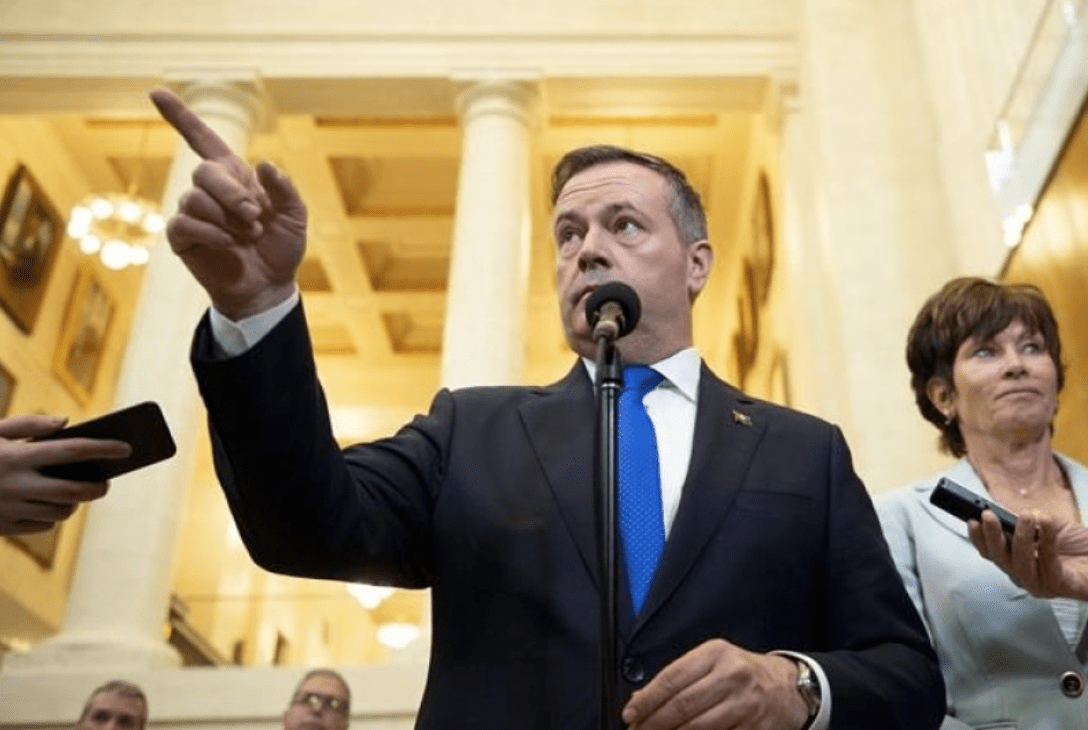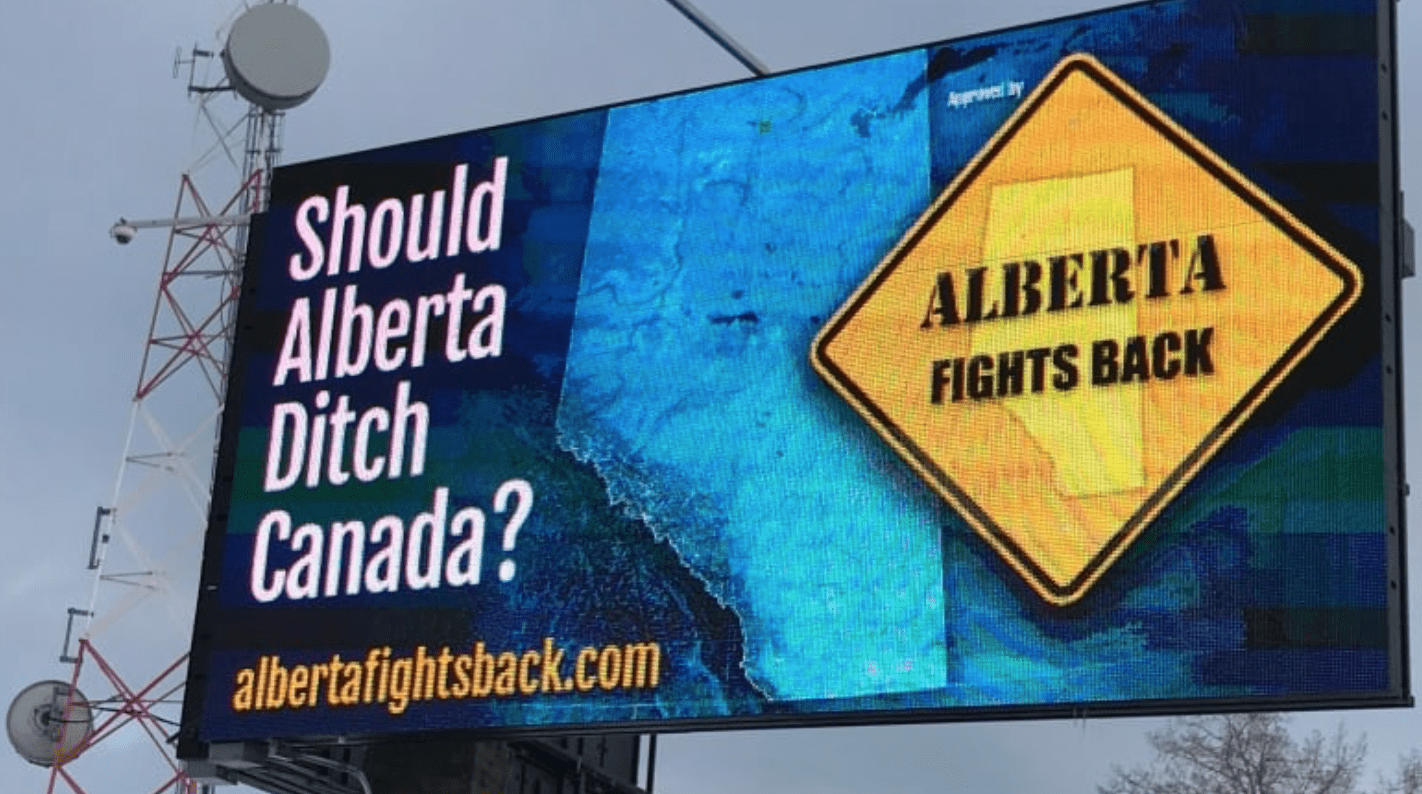All eyes are on Alberta in the wake of the federal election, and that's just the way Premier Jason Kenney likes it.
Even as the Liberal victory became apparent mid evening on election night, the hashtag Wexit started climbing the Twitter charts. It appears western separatism, or at least western disgruntlement, is gaining traction.
The premier, who actively battled the federal liberals during the campaign, is more than happy to point out the perils.
He did so very clearly in a five-page letter instructing the newly re-elected Prime Minister Justin Trudeau on how to quell the pending national unity crisis.
"There is a very real threat to the fabric of our nation and a deep and abiding feeling of alienation felt across the west, not just in Alberta," warned Kenney.
Kenney's letter was the long-form version of a similar warning note from Saskatchewan Premier Scott Moe delivered bright and early the day after the election.
Moe stuck to a Coles Notes version of Saskatchewan and Alberta's main demands — build pipelines, change equalization, dump the carbon tax. Kenney lumped in a number of other grievances and corrections he expects Trudeau to make. Drop Bills C-48 and C-69 and don't mess with the west's resources without asking, strengthen free trade between provinces, and, oddly, drop the CMHC stress test for Alberta.
Trudeau has not responded in detail, other than to say his government is still committed to build the Trans Mountain Pipeline Expansion.
But for Kenney, and the western separatist faction, TMX is not nearly enough.
Kenney wants a Conservative government in Ottawa. Period. He's had his heart set on it for months. And he isn't granting any concessions despite the result of the election.
While Ontario's Doug Ford is making nice and Blaine Higgs in New Brunswick is bowing to the necessity of a carbon tax, Kenney and Moe are upping the anti with their first post-election remarks.
Arguably they are echoing the sentiments of the electorate in their own jurisdictions. Conservative candidates took 70 per cent of the popular vote in Alberta and all opposition seats were wiped out by the blue tide in Saskatchewan.
But now both premiers will be dealing with the potential swing that much farther along on the continuum if Wexit really does gain a foothold.
Kenney is walking a balance beam, trying to leverage separatist discontent in his ongoing battle with the federal Liberals, without letting the pot boil over into something more serious than it is now.
There is reason to be concerned about that possibility.
A true separatist movement would be bad for business, even worse than the current bubbling unrest in the energy sector. Big investors hate political upheaval. While they are seriously worried about how the minority Liberals will implement carbon reduction promises, the prospect of trying to rip a landlocked province out of the national fabric would be even scarier.
Kenney has announced a blue ribbon panel to tour the province hearing form the discontented populace about Alberta's place in confederation.
"We must give those frustrated Albertans an opportunity to speak their minds," said Kenney.
That opportunity will not only arm Kenney for his battle with Trudeau, but also provide a safety valve to let some malcontents, and those who are genuinely upset with the way Alberta is treated, have an opportunity to vent.
The rub of course will be that the panel will be attracting a pretty specific segment of the Alberta population. Many will be those who equate their interests with those of the oil and gas industry and who have doubts about the urgency of combating climate change.
And many will be able to conceive of an Alberta outside of Canada, a sentiment which isn't the majority view.
It's quite instructive to actually read the Tweets and Facebook comments citing the #wexit reference. A surprising percentage of them are railing against the idea of separatism or dismissing it as a joke.
And CTV did an interesting story this week with the aid of H+K Strategies showing that the Wexit traffic was amplified by bots and data aggregators.
That's not to say that the sentiment isn't out there and that there aren't a fair number of Albertans feeling aggrieved by the results of the election. The question is how leaders, both federally and provincially, should deal with those sentiments.
Photo Credit: Edmonton Journal










